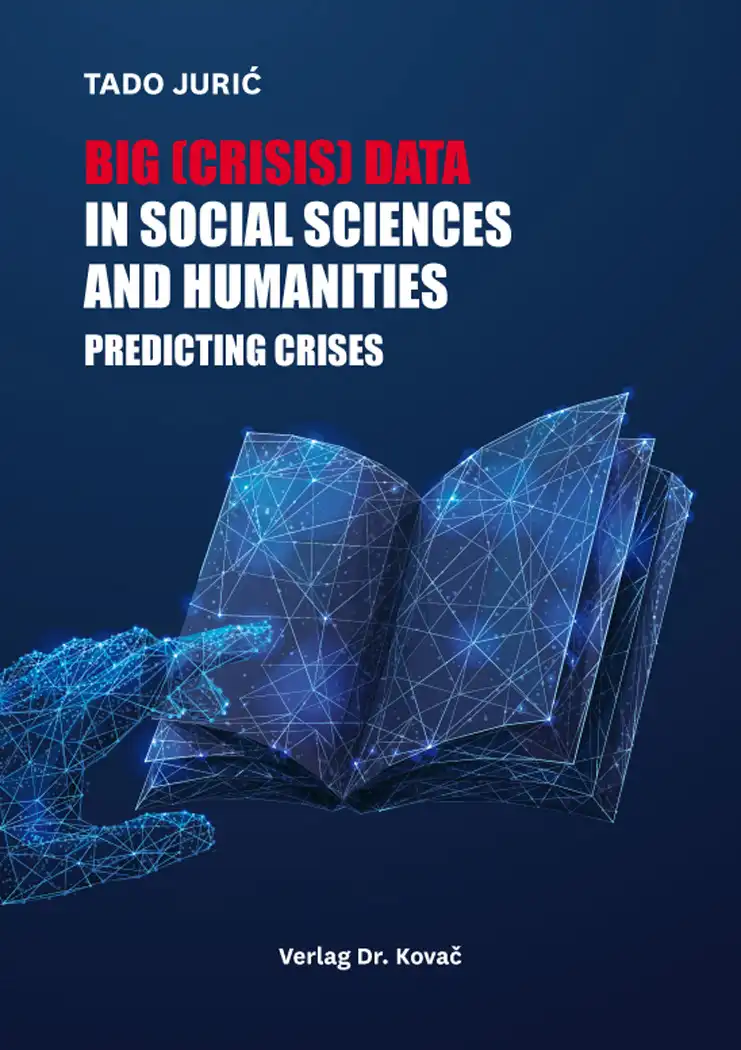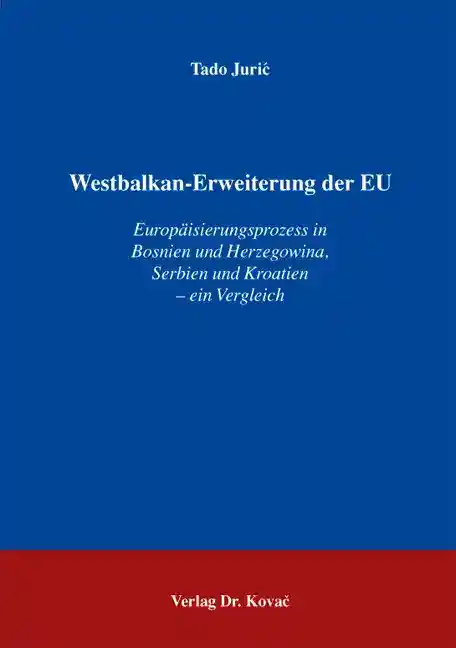Tado Jurić“Gastarbeiter Millennials”
Exploring the past, present and future of migration from Southeast Europe to Germany and Austria with approaches to classical, historical and digital demography
Studien zur Migrationsforschung, Band 20
Hamburg 2021, 532 Seiten
ISBN 978-3-339-12208-7 (Print)
ISBN 978-3-339-12209-4 (eBook)
Rezension
[…] Der Band stellt zweifelsohne mit seiner Multiperspektivität eine ganz wichtige Innovation dar. […] Die Monographie zeigt aus verschiedenen Blickwinkeln, dass der Nutzen der EU Freizügigkeit klar bei den Zielländern der Migration liegt und negative Folgen für die entsendenden Regionen hat. Dieses Ergebnis kann nicht oft genug wiederholt werden und müsste von allen, die Migrationspolitiken und Migration dauernd und vor allem negativ thematisieren, zur Kenntnis genommen werden. Des Weiteren wird mit dem Band deutlich, dass auch die innereuropäische Migration Gegenstand von EU Politik werden muss, um europäische Ungerechtigkeiten zu verändern.
Zum Inhalt
The demographic change in the EU will affect everybody and will lead to social and political tensions that can seriously threaten the foundations of liberal democracy if current politics continue.
A combination of three main factors creates the so-called “Emigration factory” in South-Eastern Europe:
- The policy of extracting the youth labour force from the EU periphery to the EU centres as the key measure to recovering Western Europe population and economy,
- the corruption as the most important push factor for contemporary emigration from Croatia and the Western Balkans, and
- the understanding of capitalism by employers in SEE as a one-way process of profit without adequate rewarding of workers.
Does Gastarbeiter’s history repeat itself? Are the EU migrations an interest-neutral and accidental social phenomenon? Is the EU going to become a neoliberal battlefield of a struggle for the human resource? What are the concrete solutions at the national and EU level? Why is the corruption index in Croatia and the Western Balkans growing with increased emigration, and what are the other consequences of emigration? Can the innovative approach to digital demography revolutionize our knowledge about migrations?
Schlagworte
Big data in demographyDemografieDigital demographyEinwanderungspolitikEmigration from Bosnia and HerzegovinaEmigration from CroatiaEmigration from SerbiaEmigration from Southeastern EuropeEmigration of doctors and nursesEU MigrationspolitikForecasting migrationGastarbeiterHealthcare workersIllegale MigrationenIntegrationMedical brain drainSüdosteuropaWestbalkanWestern BalkansIhr Werk im Verlag Dr. Kovač
Weitere Bücher des Autors
Big (Crisis) Data in Social Sciences and Humanities: Predicting Crises
Hamburg 2023, ISBN 978-3-339-13698-5 (Print) | ISBN 978-3-339-13699-2 (eBook)
Europäisierungsprozess in Bosnien und Herzegowina, Serbien und Kroatien – ein Vergleich
Hamburg 2013, ISBN 978-3-8300-7377-2 (Print) | ISBN 978-3-339-07377-8 (eBook)


